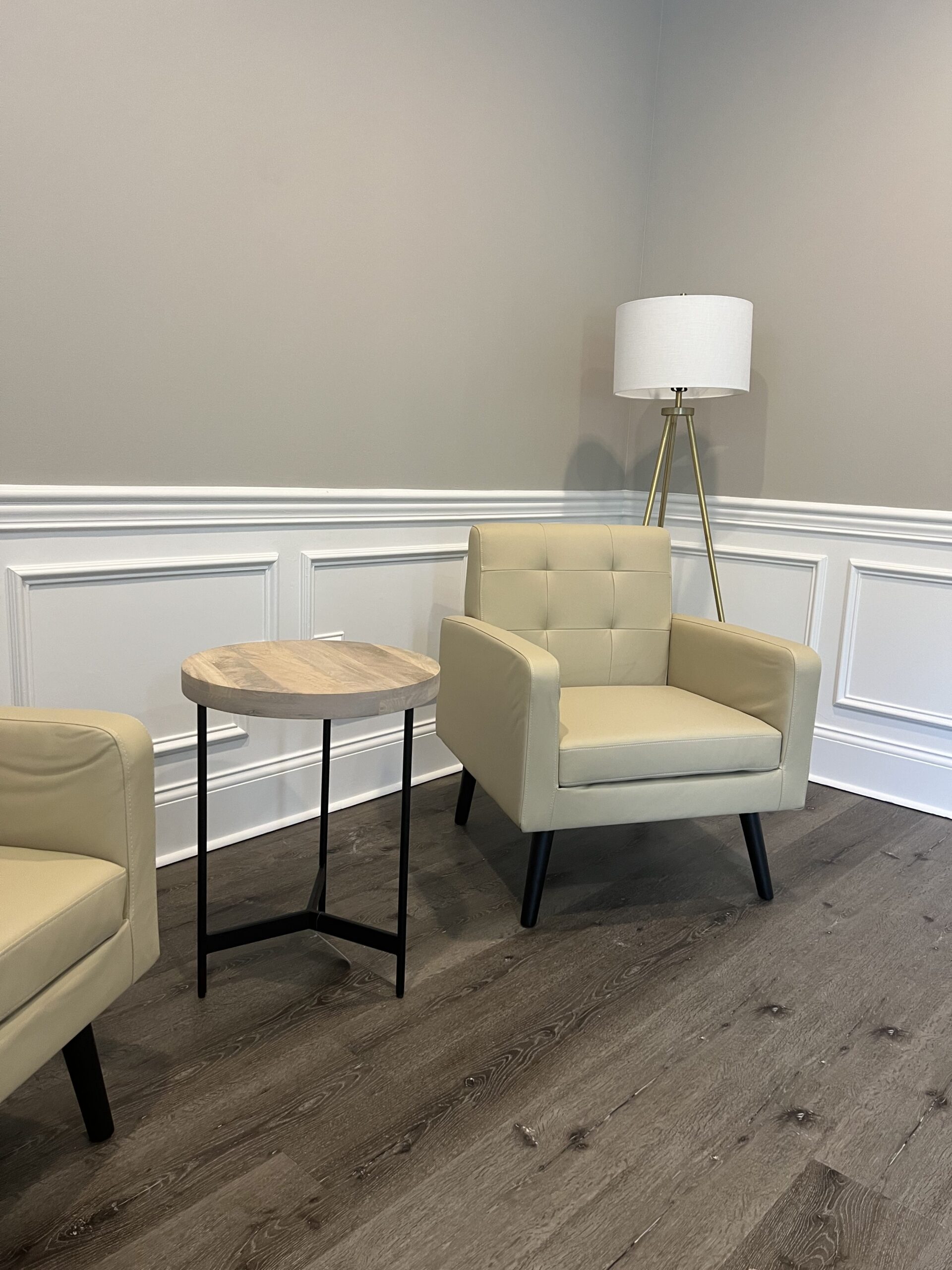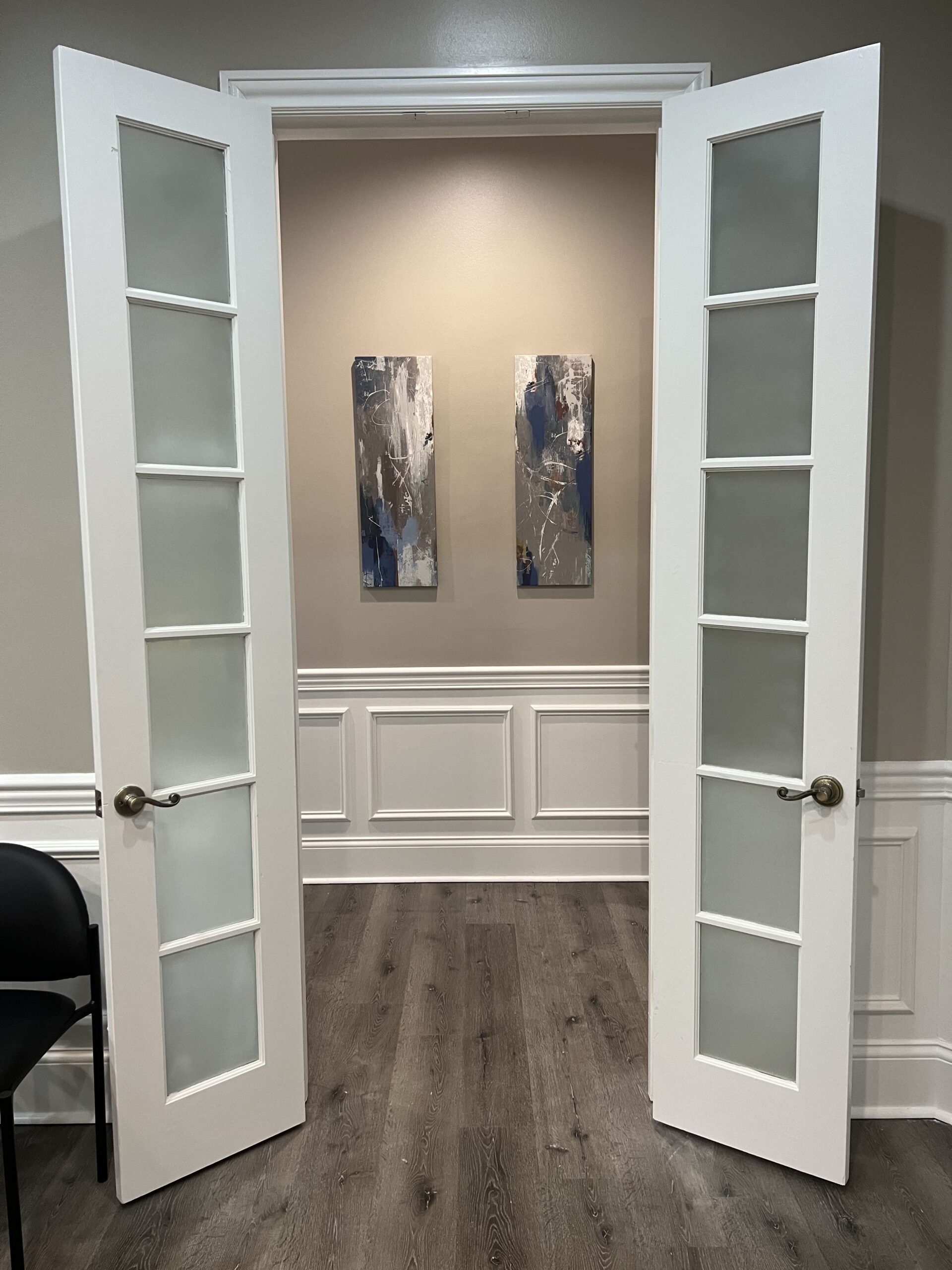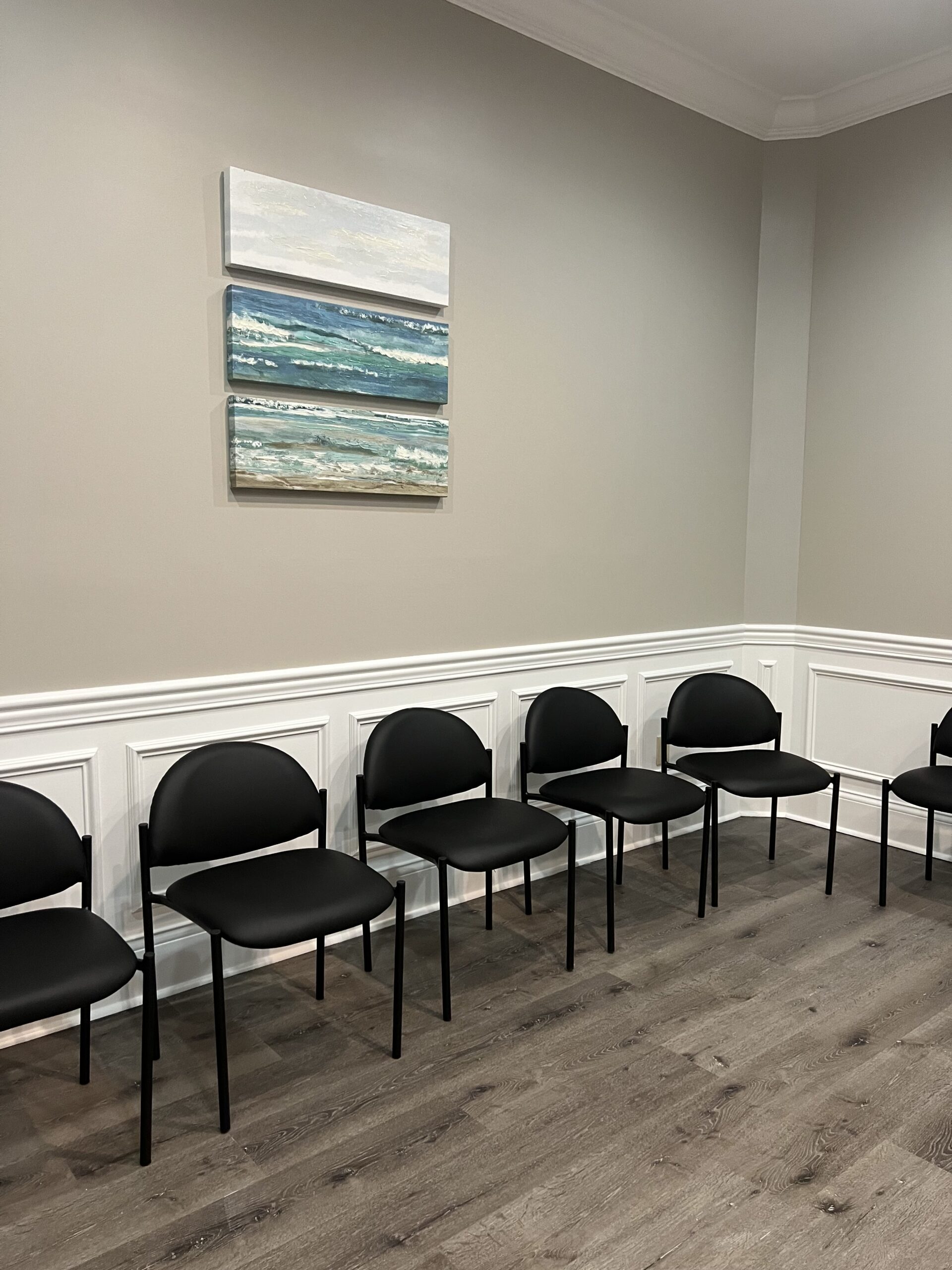Contents
Novu Wellness understands that living with schizophrenia can be incredibly challenging for the affected individuals and their loved ones. We strive to create an environment that promotes healing, understanding, and hope. Our highly trained and compassionate staff members are committed to ensuring every patient receives the utmost attention and support throughout their treatment journey at our schizophrenia treatment centers in Georgia.
At Novu Wellness, our mental health facilities in Georgia can help you find the strength needed to heal. Call us now at 706-740-9005.
What Is Schizophrenia?
Schizophrenia is a complex and chronic mental disorder that affects how an individual thinks, feels, and behaves. Schizophrenia can impact various aspects of a person’s life, including social interactions, work or school performance, and overall quality of life.
It requires specialized treatment that may involve a combination of psychiatry, psychotherapy, support groups, and lifestyle changes to manage the symptoms effectively.
Signs and Symptoms of Schizophrenia
The signs and symptoms of schizophrenia can vary from person to person and typically emerge in late adolescence or early adulthood. Some common signs and symptoms include:
- Delusions: False beliefs that are not based in reality, such as believing that someone is plotting against them or that they have special powers.
- Hallucinations: Hearing voices or experiencing sensory perceptions (seeing, smelling, tasting, or feeling something) that do not exist.
- Disorganized Thinking and Speech: Incoherent thoughts, difficulty organizing ideas, jumping between unrelated topics during conversations.
- Social withdrawal: A tendency to isolate oneself from social interactions and a reduced interest in activities previously enjoyed.
- Emotional Disturbances: Flat affect, lack of emotional expression, inappropriate or intense emotions not aligned with the situation, and difficulty experiencing pleasure.
- Cognitive Difficulties: Poor memory, trouble concentrating or paying attention, and decreased problem-solving and decision-making abilities.
- Impaired Daily Functioning: Difficulties managing self-care, work responsibilities, or academic pursuits.
It is important to note that these symptoms can vary in intensity and may come and go over time. It is vital for individuals experiencing such symptoms to seek professional help for an accurate diagnosis and appropriate treatment.
Types of Schizophrenia
There are several recognized types of schizophrenia, each characterized by specific symptoms and patterns, including:
- Paranoid Schizophrenia: Individuals with this type often experience prominent delusions and hallucinations centered around persecution or conspiracy theories. They may also exhibit undue suspicion, anger, and argumentativeness.
- Disorganized Schizophrenia: This subtype is characterized by disorganized thinking, speech, and behavior. Individuals may have difficulty organizing their thoughts or maintaining coherent conversations, exhibit inappropriate emotional responses, or unpredictable behaviors.
- Catatonic Schizophrenia: People with catatonic schizophrenia may display unusual motor behaviors such as rigidity (catatonic stupor), excessive or abnormal movements (catatonic excitement), or mutism (catatonic withdrawal). They may also repeat words or phrases parrot-like (echolalia) or mimic others’ movements (echopraxia).
- Undifferentiated Schizophrenia: This diagnosis is given when an individual exhibits multiple symptoms of schizophrenia but does not fit into a specific subtype.
- Residual Schizophrenia: In this type, an individual has experienced at least one episode of schizophrenia in the past but currently displays less severe and fewer symptoms. However, they may still experience residual negative symptoms or milder delusions and hallucinations.
Causes of Schizophrenia
It is not fully understood what causes schizophrenia. However, research suggests that it is likely to be a combination of:
- Genetic Factors: There is evidence indicating a genetic component to schizophrenia. Individuals with close relatives with the disorder are at a higher risk of developing it themselves.
- Brain Chemistry and Structure: Imbalances in certain brain chemicals (neurotransmitters), such as dopamine and glutamate, may play a role in schizophrenia development. Additionally, abnormalities in brain structure or function have been observed in individuals with the condition.
- Environmental Factors: Prenatal exposure to infections or complications during pregnancy, such as malnutrition or maternal stress, might increase the risk of developing schizophrenia. Additionally, exposure to certain psychoactive substances, particularly during adolescence or early adulthood, may trigger or exacerbate symptoms in vulnerable individuals.
- Neurodevelopmental Factors: Disturbances in brain development during critical periods may contribute to the onset of schizophrenia later in life. Factors such as prenatal brain injury, birth complications, or childhood trauma have been identified as potential neurodevelopmental triggers.
It’s important to remember while these factors are associated with an increased risk of developing schizophrenia, they do not guarantee its occurrence.
How to Find the Most Effective Schizophrenia Treatment Centers
Finding the most effective schizophrenia treatment centers can take time and may require some trial and error. Maintaining patience, persistence, and open communication throughout the process is essential to achieve optimal outcomes. Part of effective schizophrenia treatment is finding a treatment plan and program that is tailored to one’s needs and objectives.
In addition, the individual should feel comfortable with the mental health professionals they are being treated by. Furthermore, the person should be committed to following their treatment plan and asking questions when they believe their treatment plan should be adjusted.
How Do Our Schizophrenia Treatment Centers Work?
At Novu Wellness, our schizophrenia treatment centers in Georgia follow a comprehensive and personalized approach to help individuals with schizophrenia achieve better mental health and overall well-being. We start by thoroughly assessing each patient’s condition, including their symptoms, medical history, and any dual diagnosis disorders.
This assessment helps us develop an individualized treatment plan and help them determine what level of care is best:
We also provide access to our psychiatrists, who specialize in prescribing medication for schizophrenia management while closely monitoring its effectiveness and adjusting the dosage as needed. Treatment includes a range of evidence-based therapies, individual and group counseling, and family therapy.
Start Schizophrenia Treatment in Atlanta, Georgia Today
At Novu Wellness, our schizophrenia treatment centers in Georgia are designed to create a therapeutic environment where individuals receive compassionate care from experts dedicated to their well-being. We strive to help our patients achieve long-term recovery and lead fulfilling lives by combining medical interventions with psychological therapies and comprehensive support services. Contact us today to start your schizophrenia treatment.
Treatment Philosophy
At Novu Wellness, we believe that each individual suffering deserves mental health recovery. Our specialists work with each client using a trauma-informed approach to help you manage and recover from the symptoms of mental health disorders.
Meet Our Team
Our mental health specialists have years of experience in treating the debilitating symptoms of mental health disorders and can help you live a life full of possibility.




